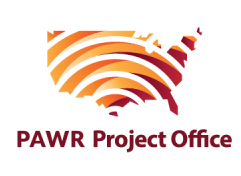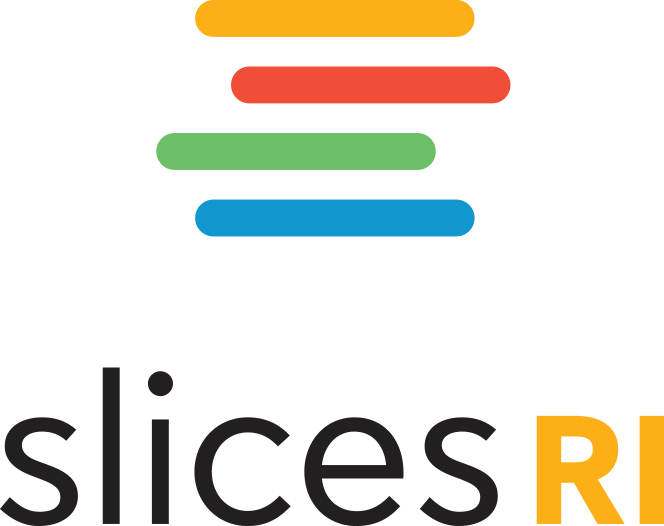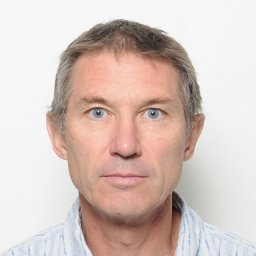
Christophe Diot
speaker
Christophe Diot received a Ph.D. degree in Computer Science from INP Grenoble in 1991. Diot pioneered diffserv, single source multicast, epidemic communication, peer-to-peer online games, and most importantly Internet measurements. After INRIA (years 93-98 in Sophia Antipolis), Diot spent his career in industry, building R&D labs at Sprint (Bay area), INTEL Research (Cambridge), and Technicolor (Paris and Palo Alto). He was the Chief Scientist at Technicolor between 2009 and 2015. He helped launch Safran Analytics as their CTO before joining GOOGLE in june 2018 as Principal Engineer in the Network Architecture team. At GOOGLE, Diot deals with telemetry at scale in the cloud infrastructure. Since January 2020, Diot is the Technical Lead of the Network Analytics team in the Google Global Networks organization. Diot has around 40 patents and more than 300 publications in major conferences and journals. He is an ACM fellow.
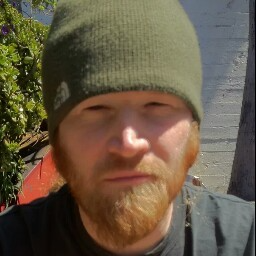
Paulie Germano
speaker
I have spent the last 20 years immersed in the telecommunications and data communications industries. My experience spans network operations, engineering and architecture as well as protocol design and testing for ISPs, access and content providers and equipment vendors. In my tenure at Google I have primarily focused on the design and integration of novel network and protocol architectures focused on massively and cost-effectively scaling machine network interconnect within and between data centers.
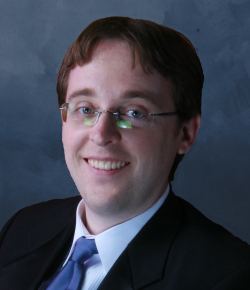
Matt Caesar
organizer
I am an Associate Professor in the Department of Computer Science at UIUC. I am also an Affiliate Associate Professor in the Department of Electrical and Computer Engineering, an Affiliate Research Professor in the Coordinated Science Laboratory, Affiliate Associate Professor in the School of Information Sciences, and a member of the Information Trust Institute. I am also Chief Science Officer of Veriflow and I serve as the Director of Education for ACM SIGCOMM. I received my Ph.D. in Computer Science from UC Berkeley.
My research focuses on the design, analysis, and implementation of networked and distributed systems, with an emphasis on network virtualization, routing, network algorithms, systems security, and cloud services. I like taking a multi-pronged approach to system design, building systems that work well in practice but are grounded in strong theoretical principles. My recent work involves network security, network verification, and Internet of Things.
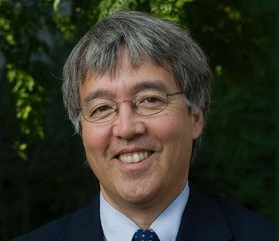
Jim Kurose
organizer
Jim Kurose is a Distinguished University Professor in the College of Information and Computer Sciences at the University of Massachusetts Amherst, where he has been on the faculty since receiving his PhD in computer science from Columbia University. He received a BA in physics from Wesleyan University. He has held a number of visiting scientist positions in the US and abroad, including the Sorbonne University, the University of Paris, INRIA and IBM Research. His research interests include computer network architecture and protocols, network measurement, sensor networks, and multimedia communication. He is proud to have mentored and taught an amazing group of students, and to have received a number of awards for his research, teaching and service, including the IEEE Infocom Award, the ACM SIGCOMM Lifetime Achievement Award, the ACM Sigcomm Test of Time Award, and the IEEE Computer Society Taylor Booth Education Medal. With Keith Ross, he is the co-author of the best-selling textbook, Computer Networking: a Top Down Approach (Pearson), now in its 8th edition. He is a member of the National Academy of Engineering and a Fellow of the ACM and the IEEE.
From January 2015 to September 2019, Jim was on leave, serving as Assistant Director at the US National Science Foundation, where he led the Directorate of Computer and Information Science and Engineering (CISE). With an annual budget of nearly $1B, CISE’s mission is to uphold the nation’s leadership in scientific discovery and engineering innovation through its support of fundamental research in computer and information science and engineering and transformative advances in cyberinfrastructure. Here is a blogpost on his NSF work. While at NSF, he also served as co-chair of the Networking and Information Technology Research and Development Subcommittee (NITRD) of the National Science and Technology Council Committee on Technology, facilitating the coordination of networking and information technology research and development efforts across Federal agencies. In 2018, Jim also served as the Assistant Director for Artificial Intelligence in the White House Office of Science and Technology Policy (OSTP).
